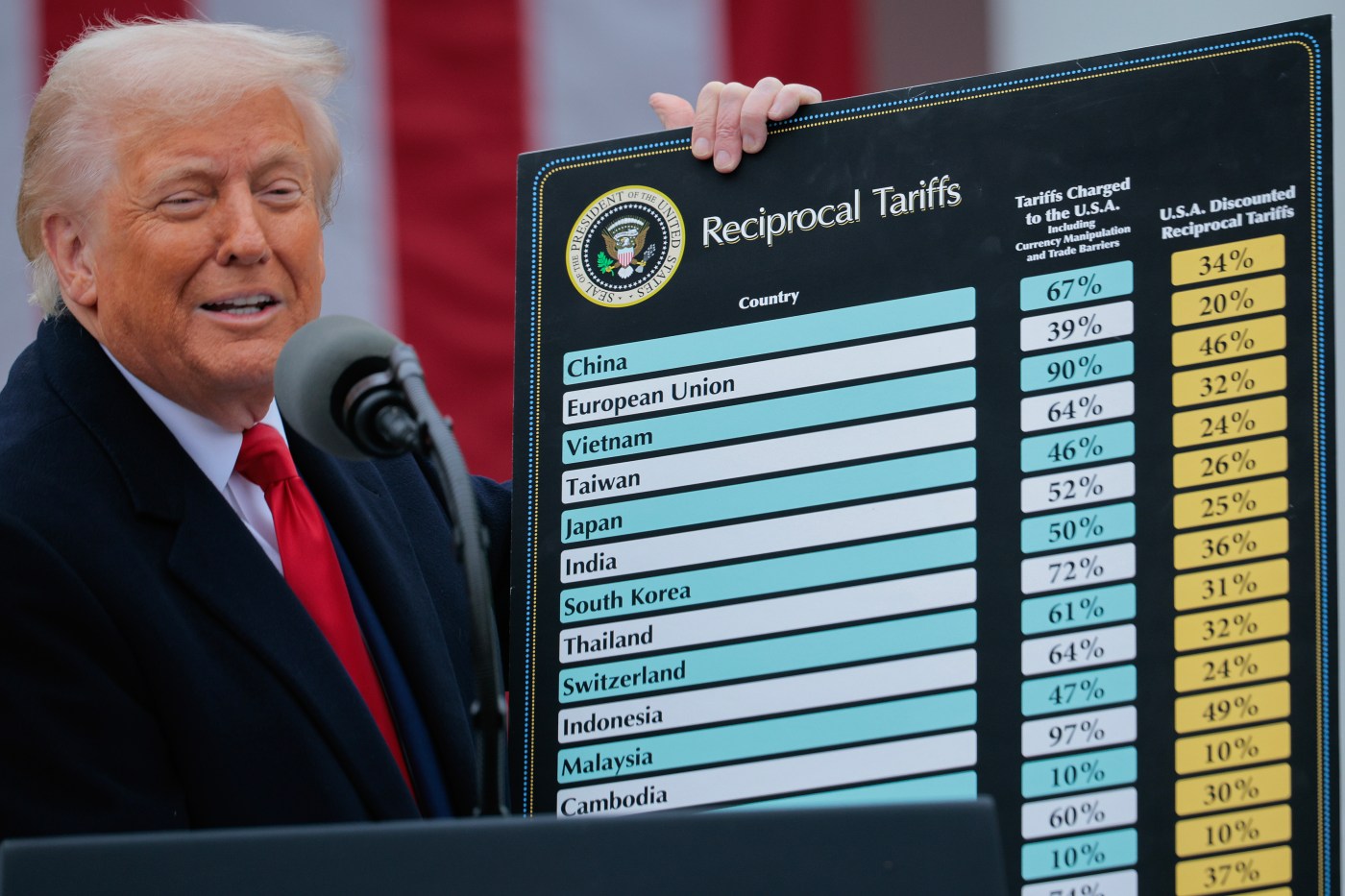Last week, the Supreme Court heard arguments regarding former President Donald Trump’s controversial use of emergency economic powers to impose tariffs on numerous countries. A majority of justices expressed skepticism about the legality of Trump’s actions, which critics argue undermine Congressional authority and disrupt the global economy.
The case centers on Trump’s attempt to apply tariff rates to a wide range of countries, a move that has raised concerns about the potential economic fallout. During the hearing, Solicitor General John Sauer described the situation as a “trade deficit emergency.” However, many question the validity of this claim and the justification for such sweeping powers.
Concerns Over Executive Power
Legal experts have highlighted that Trump’s approach challenges the established balance of power among the branches of government. The Constitution delineates specific roles for the executive and legislative branches, and critics argue that Trump’s actions represent an overreach. The concern is that if a president can unilaterally impose tariffs, it could set a precedent for future administrations to bypass Congressional authority on critical economic matters.
The implications of these tariffs have been significant. Economic analysts point to rising consumer prices and disrupted markets as direct effects of Trump’s tariff strategy. Industries across the board have faced uncertainty, and many American consumers are left grappling with increased costs.
Judicial Scrutiny and Legislative Power
Several lower court judges have already deemed Trump’s tariff measures unlawful, indicating that the judiciary may push back against this assertion of power. The Supreme Court’s decision will be pivotal, as it could either reinforce or challenge the current understanding of executive authority in trade matters.
The justices must consider whether allowing such a broad interpretation of emergency powers could enable future presidents to reorient significant aspects of the economy without legislative consent. This situation raises pressing questions about the proper limits of executive power and the fundamental role of Congress in regulating trade and taxation.
As the legal battle continues, Trump’s administration has hinted at possible strategies to circumvent any unfavorable ruling from the Supreme Court. This development underscores the ongoing tension between the executive branch and the judiciary, particularly regarding the interpretation of constitutional powers.
The broader implications of this case extend beyond the immediate tariffs. It highlights the importance of maintaining a system of checks and balances, a cornerstone of American democracy. The outcome of this case will resonate across political and economic arenas, potentially shaping the future landscape of U.S. trade policy and executive authority for years to come.
